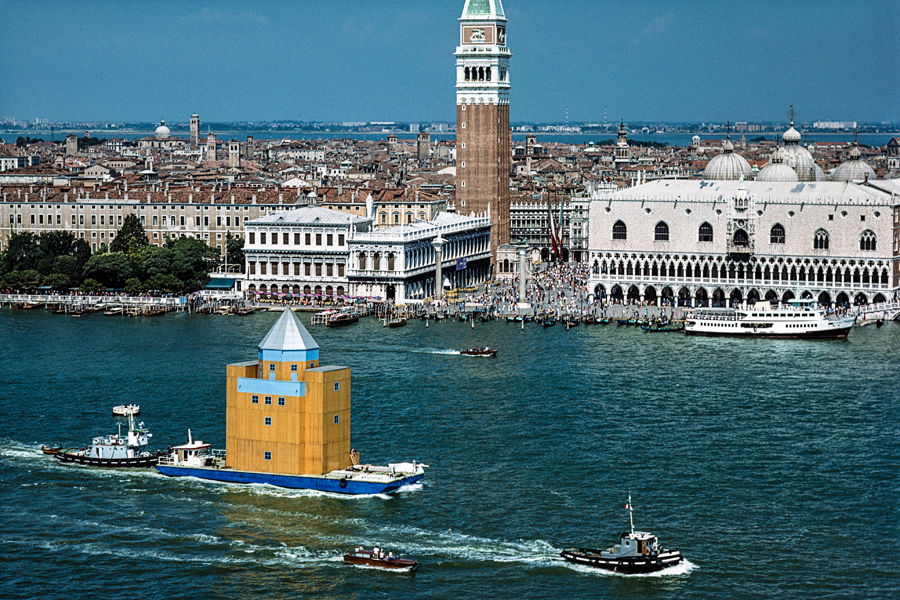
"The first edition of the Venice Architecture Biennale took place in 1980, revealing its role as a platform for transformative architectural ideas and essential references."
"Aldo Rossi's floating structure, Teatro del Mondo, was both temporary and archetypal, introducing central themes that would shape Italian architectural discourse."
"The Biennale continues to inspire discussions about timelessness, imagination, and memory in urban contexts, reflecting the evolution of architectural thought."
"From its inception, the Venice Architecture Biennale has influenced contemporary architectural theory and practice through its innovative presentations and thematic explorations."
The Venice Architecture Biennale, initiated in 1980, established itself as a pivotal platform for showcasing images and ideas crucial to contemporary architectural theory. Aldo Rossi's Teatro del Mondo, a floating structure, encapsulated the Biennale's disruptive essence by being both temporary and archetypal. This project introduced significant themes that would profoundly influence subsequent Italian architectural discourse. Its legacy persists, continuing to provoke thoughts on timelessness, imagination, and the memory inherent in urban spaces, maintaining relevance in contemporary architectural discussions.
#venice-architecture-biennale #aldo-rossi #contemporary-architecture #theory-and-practice #urban-memory
Read at ArchDaily
Unable to calculate read time
Collection
[
|
...
]